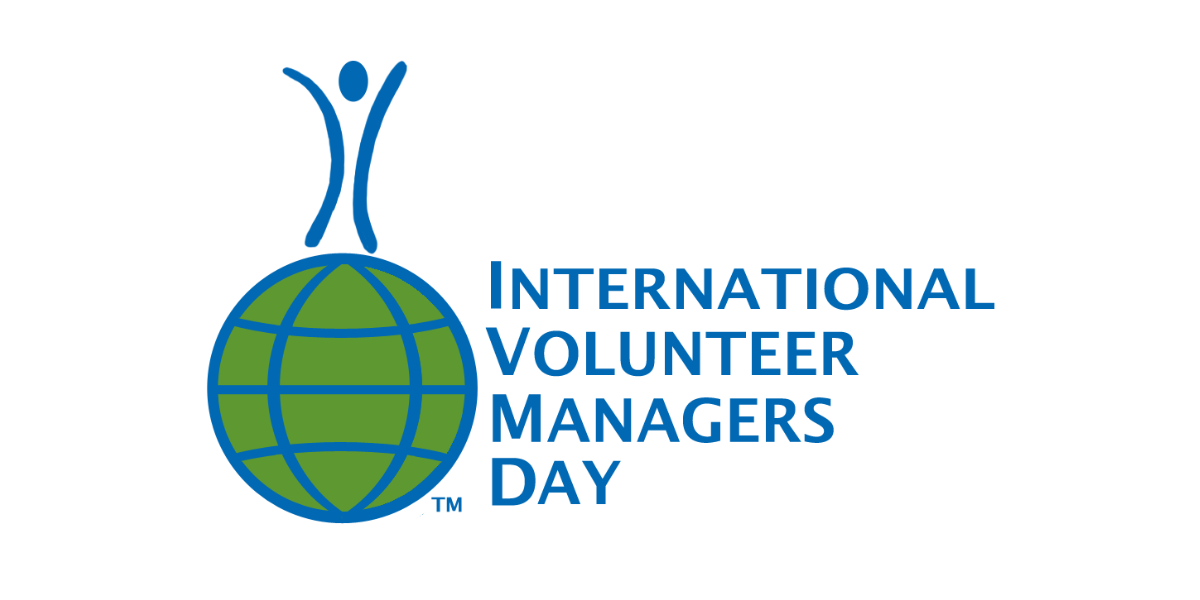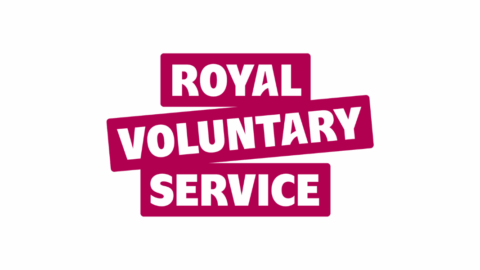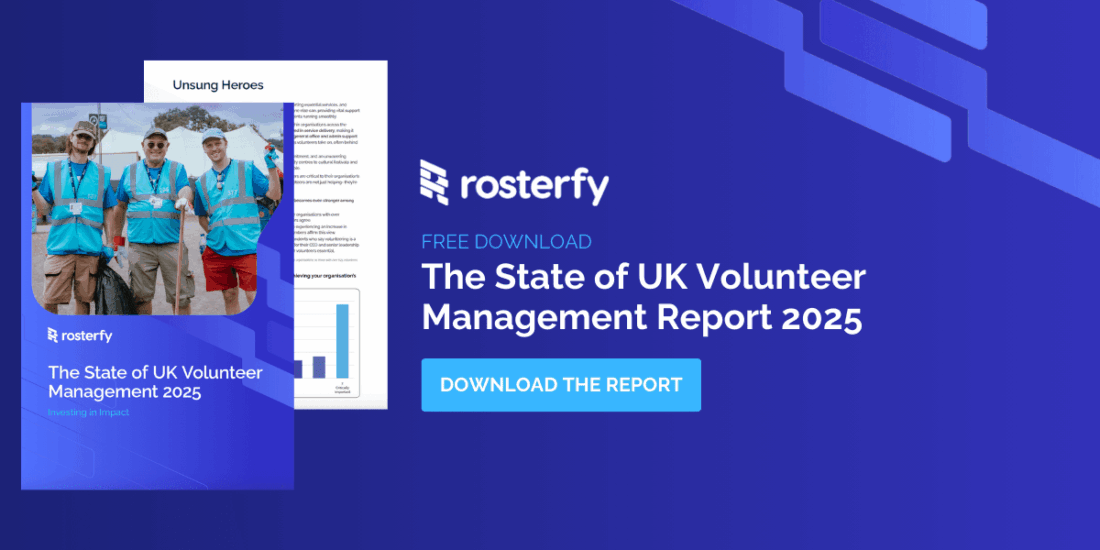by Ruth Leonard, AVM Chair
As International Volunteer Managers Day turns 25 this year, it’s appropriate to use this milestone to look towards the future and reflect on what is the future normal of volunteering and therefore of how we involve volunteers. What are the ramifications of this on our profession?
Volunteering is increasingly recognised as an activity which is happening all around us; not necessarily in a structured HR-lite or service provision way but as a social action of people making a difference in their world – particularly in local communities.
Volunteer management has come a long way in the last quarter of a century – in no small part to the dedication of membership bodies such as AVM and days like this one. The discipline is now widely recognised as essential for ensuring that volunteers are involved appropriately and have a positive experience which reflects their motivations.
This doesn’t mean that everything is rosy, of course and AVM’s recent conference featured keynote speakers who reflected on the challenges of influencing senior leaders and policy makers, that volunteering needed to be resourced and supported but it also pointed to the natural alignment between volunteer involvement practice and good leadership more generally.
Where the profession will develop into the future is towards ensuring that people’s skills and assets are fully incorporated in shaping roles and demonstrating the strategic advantage of doing so, within organisations and society. Volunteer management will be about managing the process to do this rather than the individual carrying out the activity of volunteering. (I’d like to thank a volunteer from British Red Cross for articulating this important distinction, in a facilitated conversation which I recently led on language).
Digital solutions are already available to help simplify and streamline this process for those involving volunteers and these are likely to develop – and AVM is proud to be partnering with Team Kinetic on a Digital Toolkit, which can help make working in this way less daunting.
Being able to use such technology means that volunteer managers in the future will be able to concentrate on developing flexible and engaging ways to involve volunteers which continue to meet the needs of organisations or causes. This will be more intentionally aligned to ensuring greater diversity and increasing opportunities for inclusion.
Boundaries between sectors are becoming increasingly blurred, most obviously with social enterprises and also through corporate volunteering and people who want to make a difference want to do just that; so, collaboration between public, private and voluntary sectors is likely to become part of the future normal. Association of Volunteer Managers is a body for those who involve volunteers in all sectors or disciplines so we are well placed to help enable shared learning.
The power of volunteering is one which is most apparent when it is free to explore alternative answers to problems rather than simply be an option which fits into pre-selected solutions; and people are already expecting to be able to do this. Volunteer management is a critical profession for bringing together people’s motivations and an organisation’s requirements and in the future normal it will be our role to ensure we are doing just that; working together with volunteers to meet the needs they are wanting to address with us through their skills.





